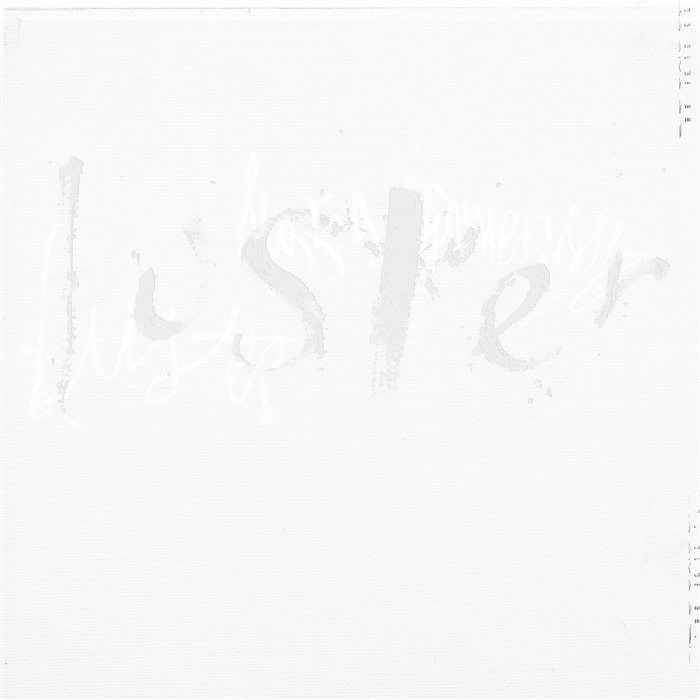Ever venture as far west as Connemara and you’ll understand why the area is a time-old pull for artists. Yeats honeymooned there. Oscar Wilde’s father kept a summer house on the shores of Lough Corrib, the same lake that inspired Pat O’Shea’s 1985 children’s fantasy tale ‘The Hounds of the Morrigan’. A mountainous region on Ireland’s Atlantic coast, Connemara feels ancient – in part because it’s a Gaeltacht, a district where Irish is the dominant language at home – and yoked so tightly to the country’s traditional culture that it’s hard to write about the landscape without falling into adjective-laden cliché.
What’s refreshing about Maria Somerville’s new album Luster (named for the particular sheen of rocks that signals incoming rain) is that it evokes the space and quiet of Connemara yet evades “Irish” tropes. That said, it’s squarely a shoegaze and dream pop record (no surprise that it’s Somerville’s debut release on 4AD), both genres with a notable Irish presence.
Somerville hosts a dawn show on NTS Radio, so it’s fitting that instrumental opener ‘Réalt’ begins with early-hours birdsong, subsumed by washes of synth. The heavy thrum of following track ‘Projections’ wouldn’t sound out of place on a Sofia Coppola soundtrack, and a Cure-like bass line threads through torrential noise on ‘Garden’. ‘Corrib’ (named after the aforementioned lake) sounds like a fragment of a pop song that arrives in a dream, while ‘Spring’, with its Cocteau Twins strum and trip-hop drums, turns that fragment into a full-length track.
Somerville’s vocal DNA fits those smudged soundscapes: the delicacy of Sally Shapiro, the emotion of The Cranberries’ Dolores O’Riordan, occasionally throaty, occasionally auto-tuned, occasionally shyly suggestive, as on ‘Stonefly’: “I’ve got time / if you like.” Even when the singing is obscured, the feeling shines through, as on the hymnal ‘Halo’. And sometimes it’s just the meaning that’s obscure. “I don’t wanna be / a wannabe,” she sings on ‘Trip’, or could that be “I don’t wanna be / I wanna be”?
Luster is (ironically) far more collaborative than 2019’s All My People, Somerville’s self-released first album. She returned to her native Connemara from Dublin in 2020, landing among a community of musicians who helped to build the album’s world, including Lankum’s Ian Lynch and his uilleann pipes.
This is a Connemara tugged closer towards the 21st century. Yet the rain still beats and the waves still break. Luster ends with a field recording of coastal surf, as well as an organ that stirs up some deeper, holier flavour of the land. “If you can’t say something new it’s alright,” Somerville sings on ‘Stonefly’, and in an era of genre-less music, it’s nice to hear an album that does one thing and does it well, capturing a landscape so old it never really gets old.


